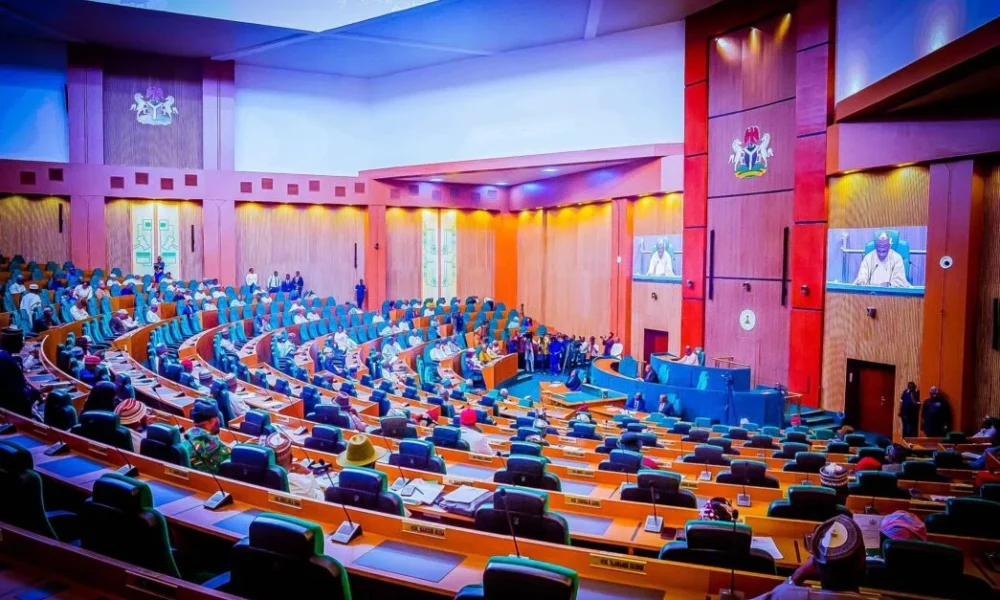The President, Trade Union Congress, Festus Osifo, has called for strict enforcement of the International Labour Organisation Convention C-190 and Recommendation 206 which seek to address the rights of everyone to a world of work devoid of violence and harassment.
He said it is only when such recommendations are implemented and enforced that gender-based violence and harassment in the world of work can be eliminated.
Osifo made the call in Uyo, Akwa Ibom State on Wednesday while speaking at the three-day 2023 Annual Seminar organised by TUC Women Commission with the theme ” Projecting Ways to Eliminate Gender-based Violence and Harassment from the World of Work, Implementation and Enforcement of ILO C-190 R 206″
The TUC president decried the attitude of ILO member states who violate R 206, expressing concern that despite the treaty, violence, and harassment have continued in workplaces
He also noted with dismay that even at the local level, cases such as genital mutilation, and harmful widowhood practices have persisted despite several federal and state governments’ legislative and policy instruments.
He said, “Congress is concerned that despite ILO Conventions 190 and R 206 that address the right of everyone to a world of work that is free from violence and harassment, it has continued.
“Locally, the federal and state governments have adopted several legislative and policy instruments, including the Violence Against Persons Prohibition Act of 2025, which also prohibits female genital mutilation, harmful widowhood practices, etc. but all the ugly incidents have persisted.
“By implementing these conventions, and recommendations and embracing the strategies listed above, gender-based violence and harassment in the world of work can be eliminated and we will have a safer and more inclusive environment for everyone”.
He described gender-based violence as a serious issue, adding that all hands must be on the deck to eliminate it.
Proffering strategies to eliminate gender-based violence, Osifo recommended the strengthening of the existing legal frameworks, training, and retraining as well as collaboration and partnership among organisations and employee/employer collaborations.











